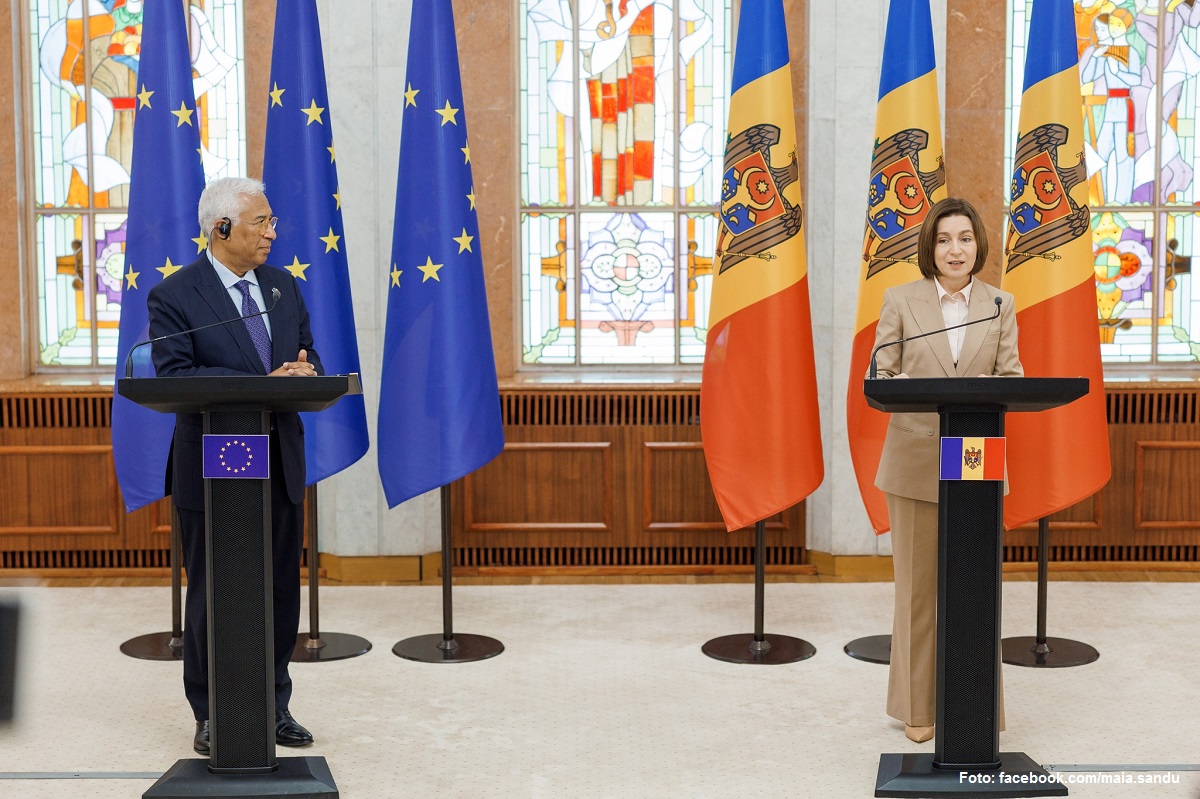Tax exemptions for senior citizens
Romanian MPs have endorsed the law amending the fiscal code.

Roxana Vasile, 06.01.2017, 13:10
Pensioners account for one of the disadvantaged social categories in Romania. There are many senior citizens in this country who, after a lifetime of work, are now forced to live on the brink of poverty. Because they do not have enough money, they cannot pay their bills or even buy basic foodstuff and medicine. Given this situation, on Thursday the Romanian MPs endorsed the law amending the Fiscal Code, exempting from taxation the pensions lower than 2,000 lei, which is the equivalent of some 450 Euro. Also, pensioners will no longer have to pay contributions to the health-insurance fund, and these contributions will be covered from the state budget.
Here is the Social Democrat MP Rovana Plumb with details: “5,200,000 pensioners will no longer pay contributions to the health insurance fund and also more than 4 million will not have to pay the 16% tax.”
The People’s Movement Party and the Liberal Party, in the opposition, have also supported these changes. Moreover, the Liberals have submitted a bill under which all pensions would be tax-exempt. The former technocratic Government in Bucharest had not agreed to a bill providing for the elimination of all taxes, for fear the pension budget deficit might grow. Currently, one employed person in Romania has to support three pensioners. These points of concern have been taken over by the Save Romania Union, also in the opposition, which voted against the exemption bill.
According to MP Manuel Costescu, the impact of these fiscal measures cannot be quantified: “In the absence of a general discussion on the budget impact, we cannot be sure that the budget will not be damaged significantly.”
The ruling coalition made up of the Social Democratic Party and the Alliance of Liberals and Democrats promised during the campaign for the December 11th election to increase the minimum salary by 16%, up to 1,450 lei. Even so, this is the lowest level in the EU, as it accounts for a little over 320 Euro. Representatives of big trade union federations in Romania have hailed the decision, but employers’ associations have shown reluctance as to the recent measures.
Here is the trade union leader Bogdan Hossu: “Trade unions hail the decision made by the Social Democratic Party and the Alliance of Liberals and Democrats to endorse the proposal we made in September to increase the minimum salary to 1,450 lei. Some employers’ associations have not been very happy with this, because they believe it will affect them. What we asked for was a minimum salary in keeping with the position employees have, because we are currently faced with an abnormal situation, in which people with higher education get the minimum wage or just a little bit above that.”
Salary increases and tax exemptions are measures envisaged by the new Government in Romania, who believes that economic growth should translate into a higher purchasing power for common people as well. However, there are voices, including the one of Romania’s President, asking for explanations as to how the deficit will be kept below 3% of the GDP.
(Translated by Mihaela Ignatescu)






























